Psychology
-

AI-Generated Voices: The Next Frontier in Synthetic Media and Its Risks
How AI Voice Cloning Technology Works AI-generated voices are created using deep learning techniques, particularly deep neural networks trained on vast datasets of human speech. These models learn to replicate the tone, pitch, and cadence of individual voices, enabling near-perfect mimicking. Text-to-speech systems have evolved from robotic outputs to expressive, natural-sounding speech that is increasingly…
-

The Silent Rise of AI Companions: Redefining Loneliness in the Digital Age
What Are AI Companions? AI companions are digital entities designed to simulate conversation, companionship, and emotional support. These range from voice-based assistants to humanoid robots and sophisticated chatbots. Unlike general-purpose AI tools, companions focus on forming simulated emotional bonds with users, using natural language processing, emotional intelligence algorithms, and adaptive learning. Why They’re Gaining Popularity…
-
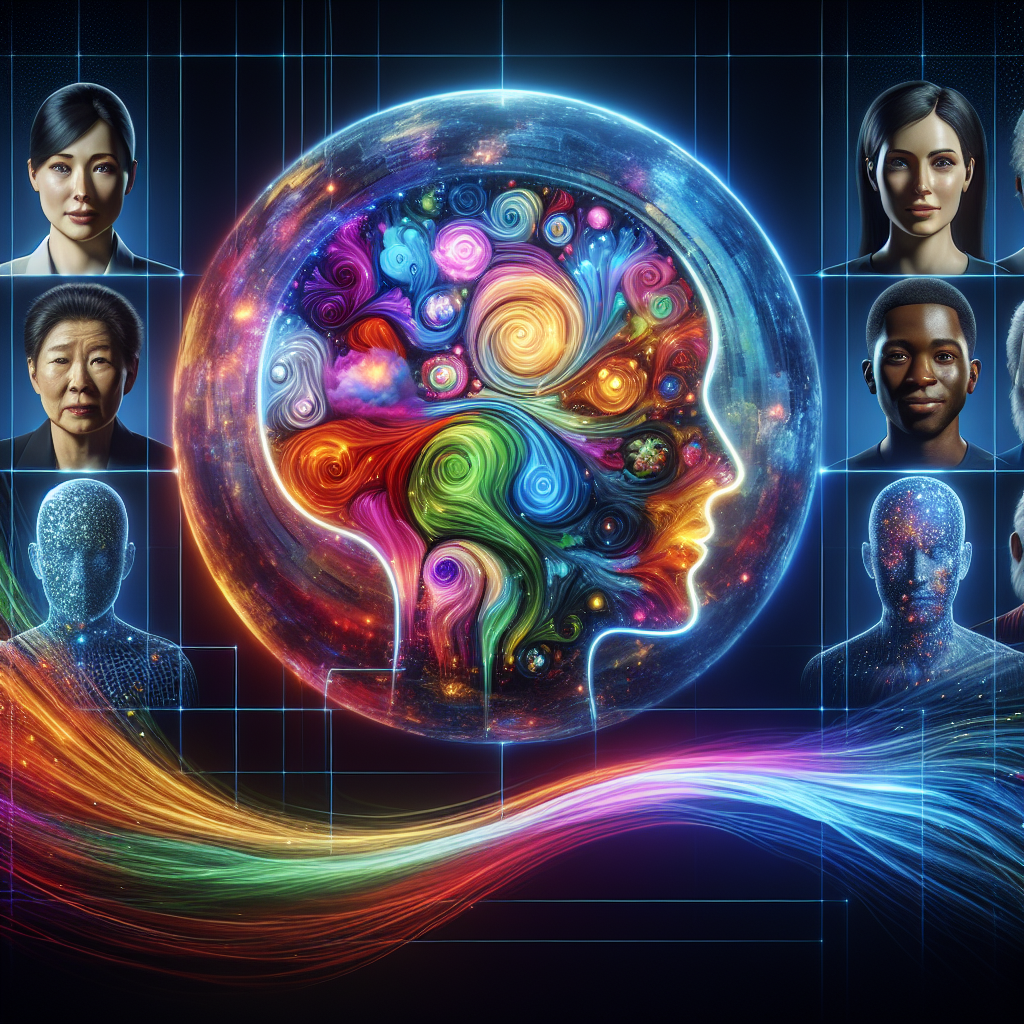
Enhancing Digital Empathy through Emotional AI Training
Explore how Emotional AI Training enhances digital empathy, improving human-computer interactions by understanding and responding to human emotions effectively.
-
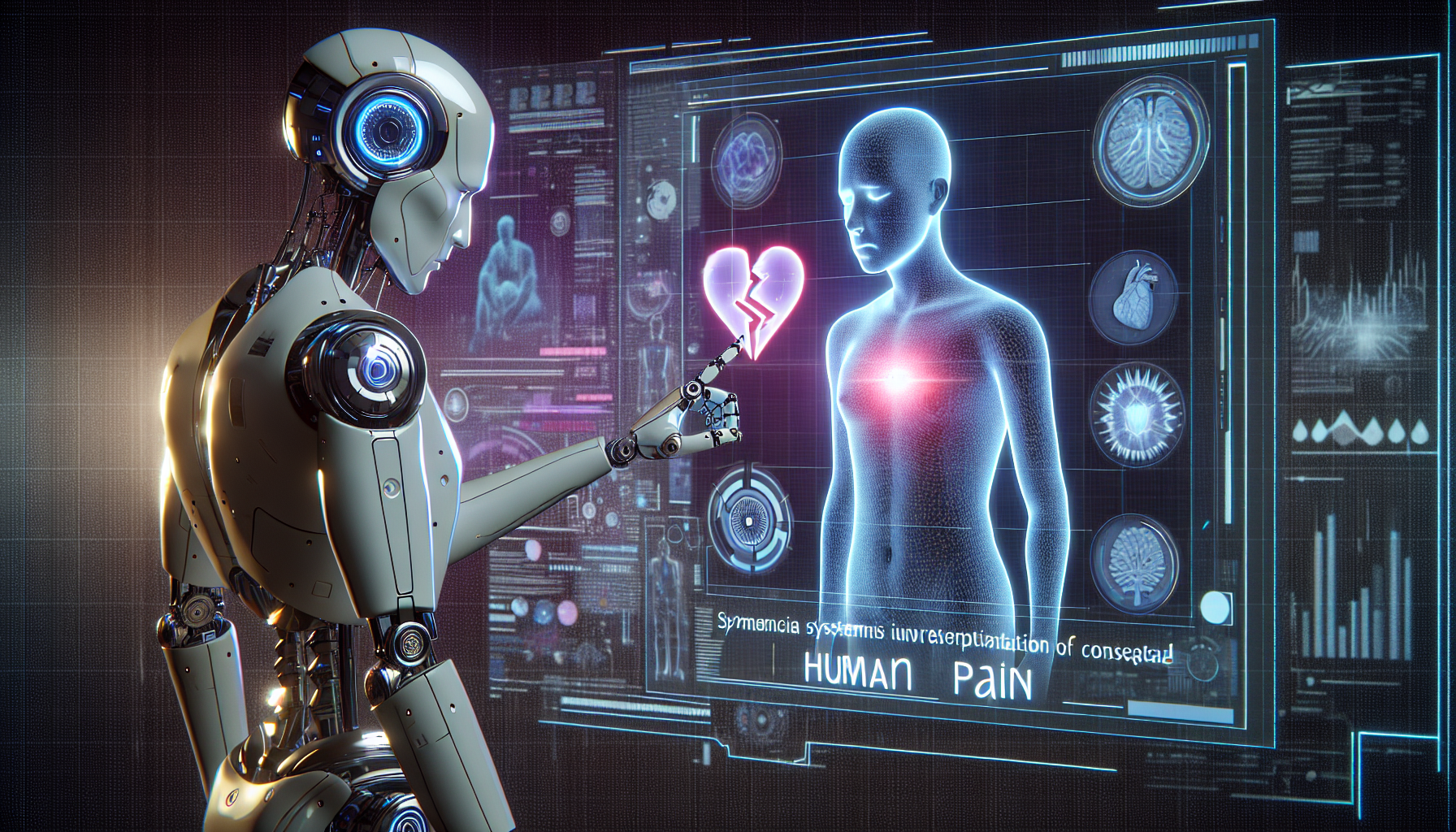
Digital Empathy: Can Artificial Intelligence Truly Understand Human Pain?
Explore whether AI can genuinely comprehend human emotions and pain, delving into the potential and limitations of digital empathy in technology.
-

The Rise of Emotion AI: How Machines Are Learning to Read Human Feelings
Understanding Emotion AI and Its Capabilities Emotion AI, also known as affective computing, is a branch of artificial intelligence focused on recognizing, interpreting, and responding to human emotions. It uses technologies such as facial recognition, voice analysis, and biometric sensing to gauge emotional states in real time. By processing subtle cues like tone, microexpressions, and…
-

The Psychological Impact of Constant Connectivity: Finding Balance in a Hyperconnected World
The Psychological Impact of Constant Connectivity: Finding Balance in a Hyperconnected World. Our hyperconnected world allows us to communicate instantly, access information on demand, and stay updated with ease. While these advancements are undeniably beneficial, constant connectivity also brings unique psychological challenges. From emotional fatigue to impaired relationships, the effects of being perpetually online are…
-
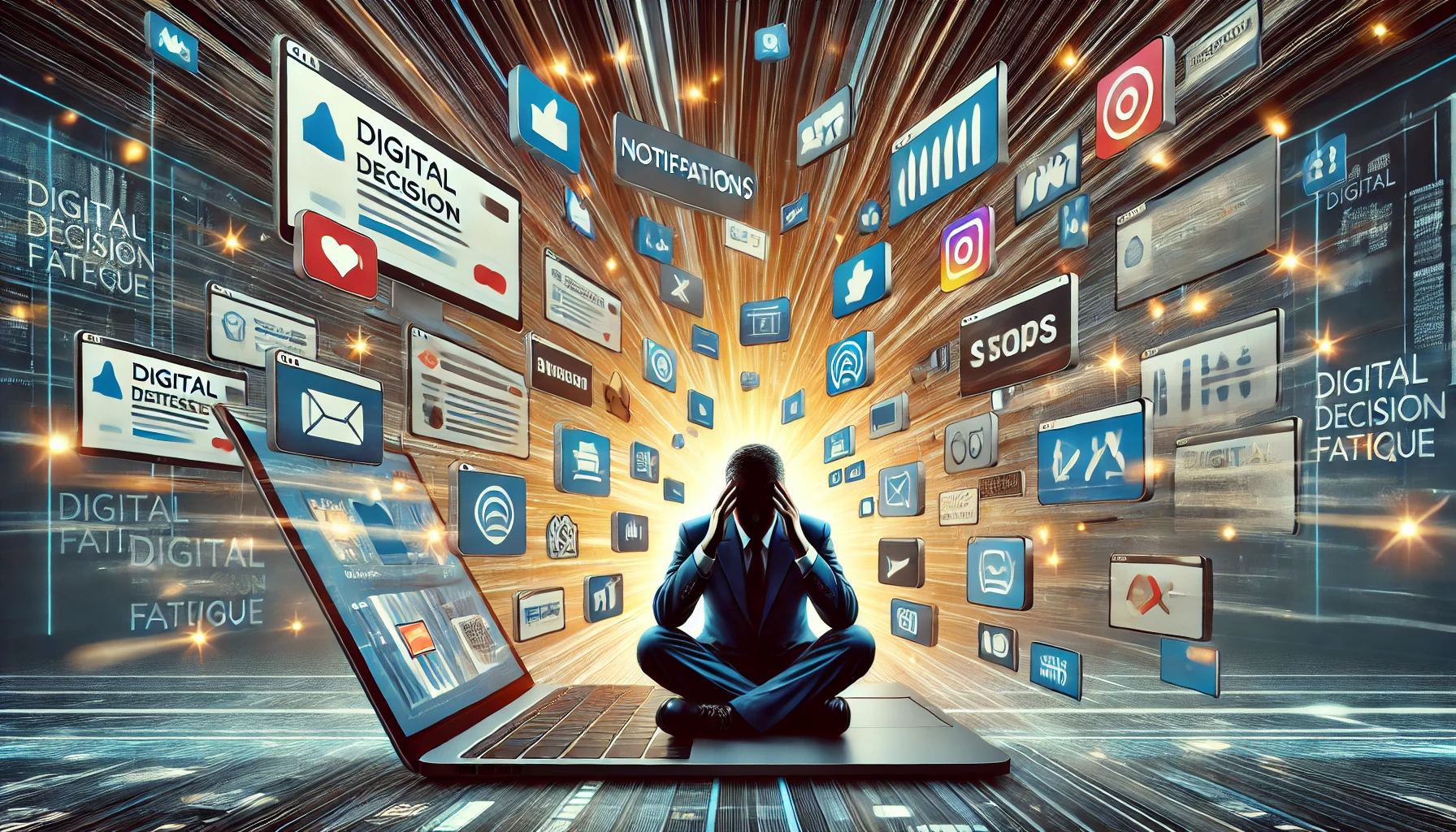
The Psychology of Digital Decision Fatigue: How Technology Overwhelms Our Minds
The Psychology of Digital Decision Fatigue: How Technology Overwhelms Our Minds. In today’s digital age, where options abound and attention is constantly in demand, decision-making has become a mentally exhausting process. Known as digital decision fatigue, this phenomenon highlights how the abundance of choices presented by technology can deplete mental energy, lower productivity, and even…
-
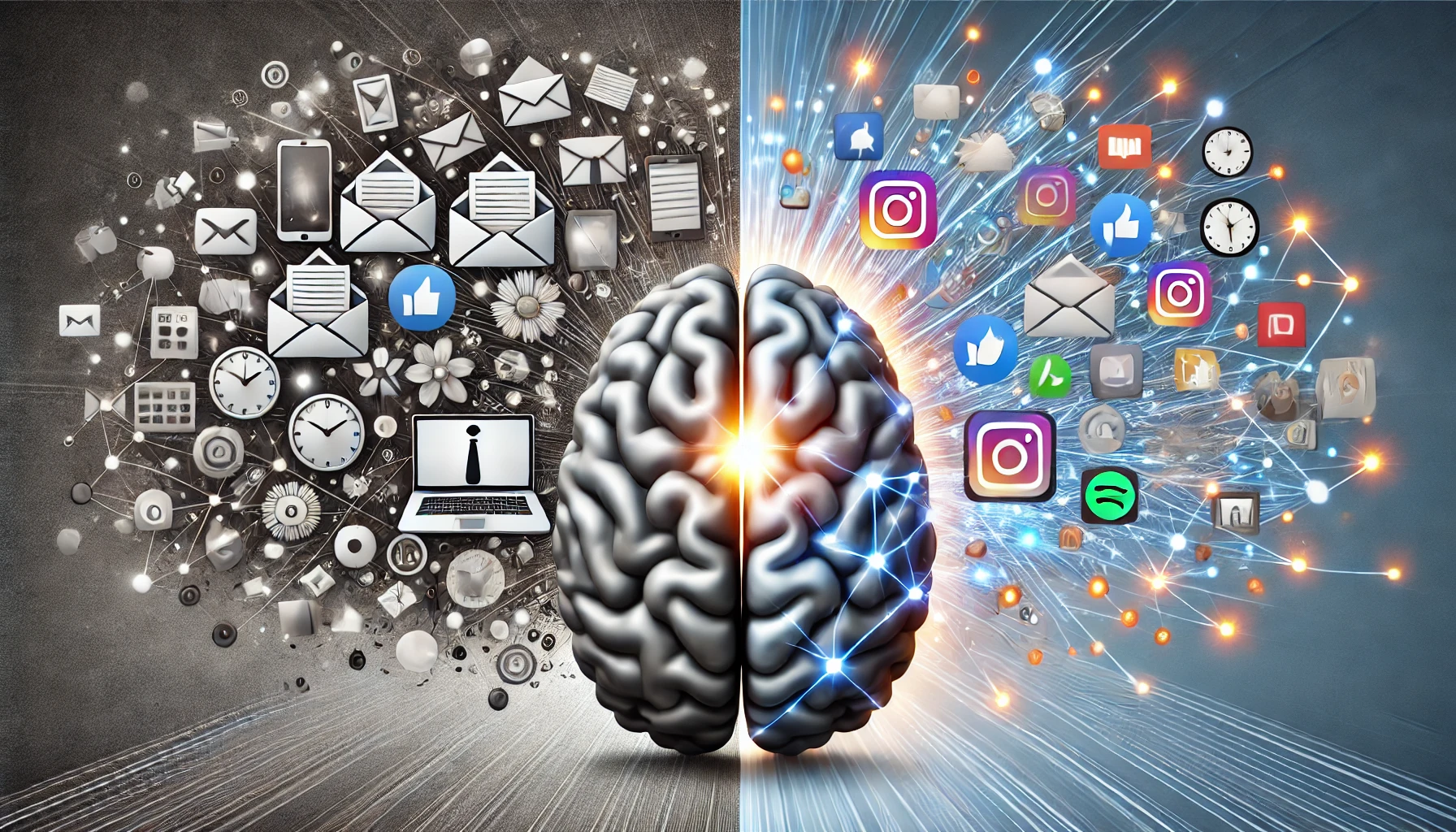
The Cognitive Cost of Multitasking: Why Single-Tasking Is Making a Comeback
The Cognitive Cost of Multitasking: Why Single-Tasking Is Making a Comeback. In an era dominated by constant connectivity and digital overload, multitasking has become the norm. From juggling emails during meetings to switching between social media apps while working, we often pride ourselves on our ability to handle multiple tasks simultaneously. But the truth is,…
-
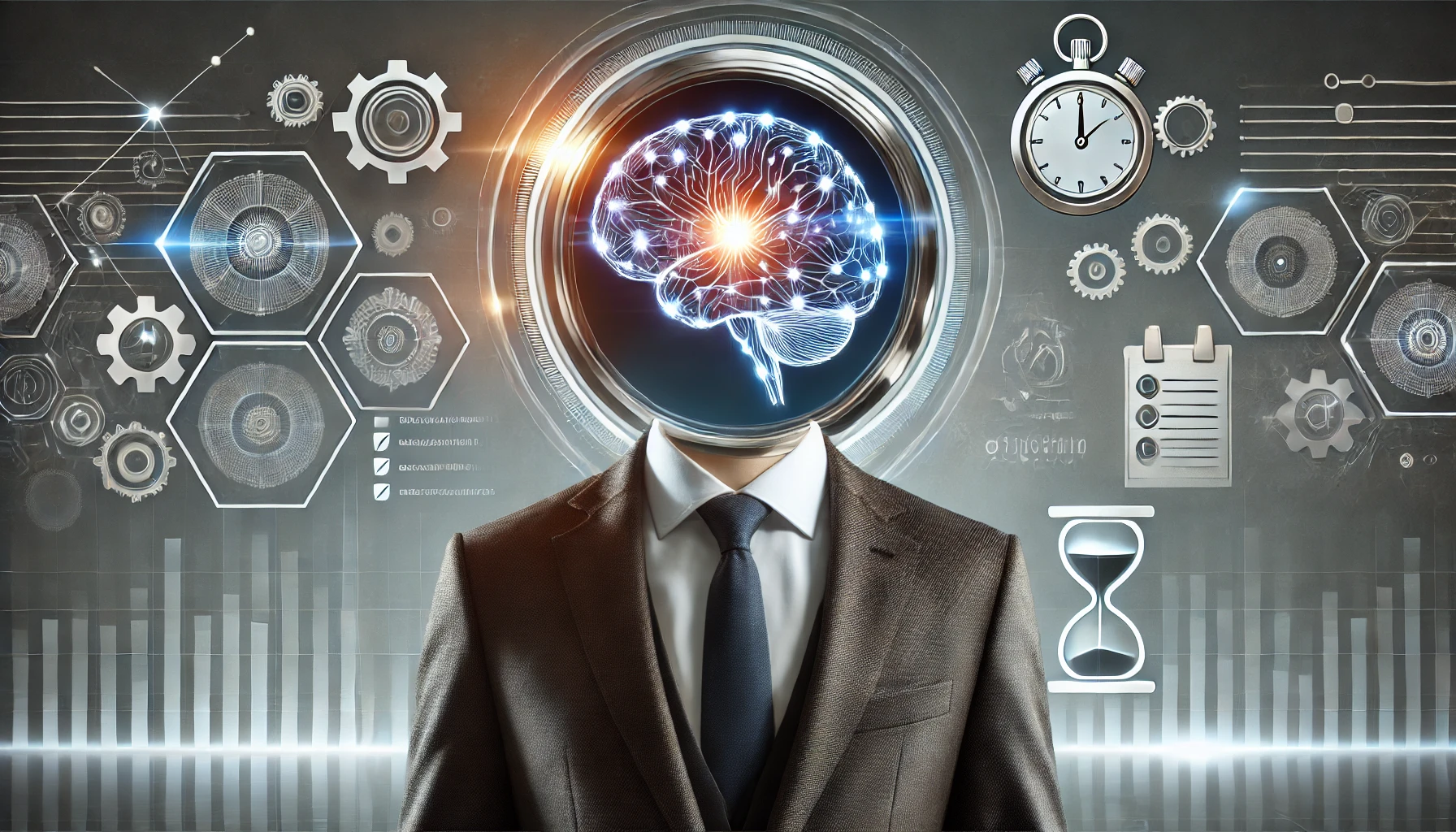
The Science of Focus: How to Train Your Brain to Stay Productive
The Science of Focus: How to Train Your Brain to Stay Productive. In today’s fast-paced, distraction-filled world, staying focused has become more challenging than ever. But focus isn’t just about willpower – it’s deeply rooted in the way our brains function. By understanding the science behind attention and implementing brain-training techniques, you can unlock your…

